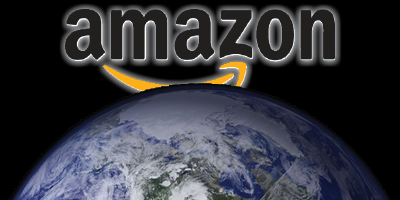The business world was turned upside down last week by Amazon’s announcement of its $13.4 billion acquisition of Whole Foods. Supermarket stocks plummeted on the news with uber-analyst Jim Cramer predicting that Amazon will dominate the US grocery market within the next two years. Is the end truly near for the US grocery industry? What should existing players do?

Two thoughts:
First, Corum has long understood that megadeals set the tone and define the trends in the overall M&A market. Yes, bricks-and-clicks has been a well-known theme for several years. We at Corum called out Omni-channel sales as one of our Top Ten Disruptive Technology Trends for 2017. Predictions are great. Megadeals are another. You can bet your bottom dollar that the Amazon – Whole Foods tie-up is being talked about in the C-suites and Board rooms of every major retailer in America. For supermarkets and drug store chains, management teams are (and should be) going to code red. This deal absolutely demands a quick and competitive response on the part of Amazon’s actual and would-be competitors. We can also be certain that, among other things, this response will have to include more M&A deals.
The only real question is the form that this M&A response will take, which brings us to our second point.
Amazon just bought arguably the most respected supermarket chain in the US, creating an omni-channel retail powerhouse perfectly positioned to disrupt the more than $5 trillion US food industry (including retail, restaurants and everything in between – such as food delivery). Traditional retailers have no choice but to mirror these capabilities by aggressively buying eCommerce and technology companies to improve their own capabilities. Walmart, for its part, wasted literally no time at all, announcing the $310 million acquisition of menswear site, Bonobos, the same day as Amazon’s Whole Foods announcement. Well played. In addition to commerce and retail tech, the M&A shopping list for legacy players needs to include improved warehouse and logistic capabilities, AI and big data expertise, as well as last-mile mobile ordering and delivery capabilities.
The battle for retail survival starts today. The reverse Amazon is the best play available. May the best retailer(s) win.
Joel Espelien is Vice President of Client Services for the Corum Group and has over 20 years of experience doing private company M&A. He lives in the Seattle area.
